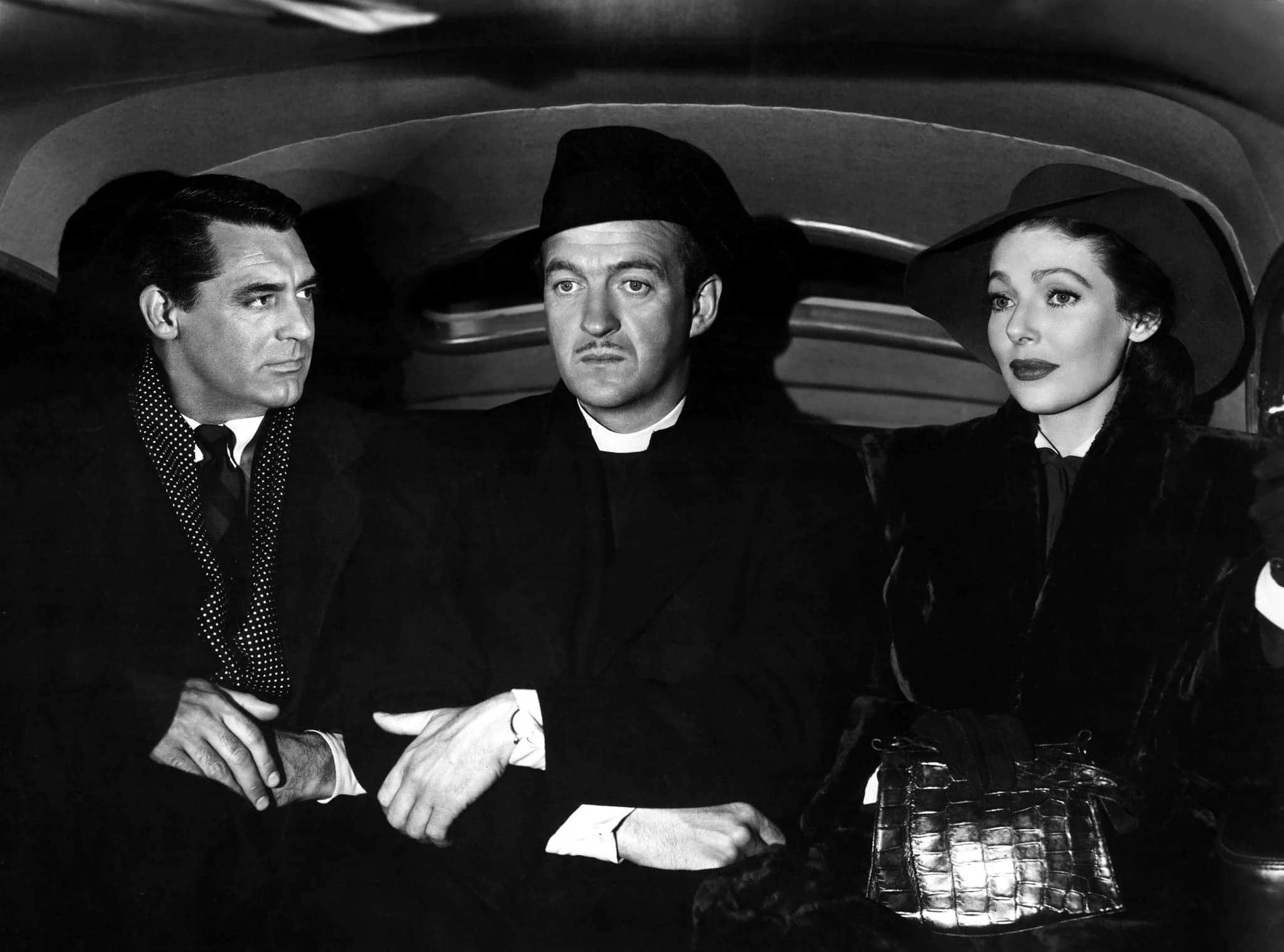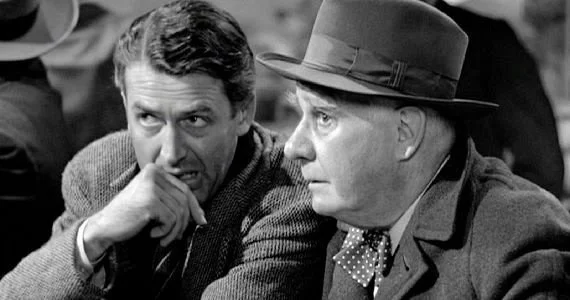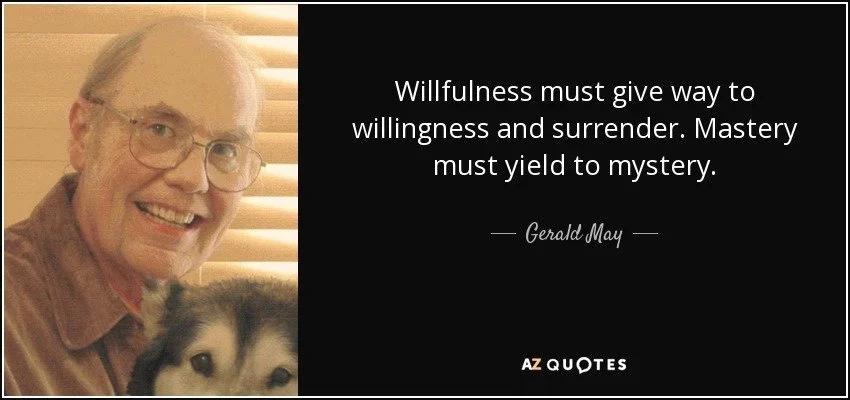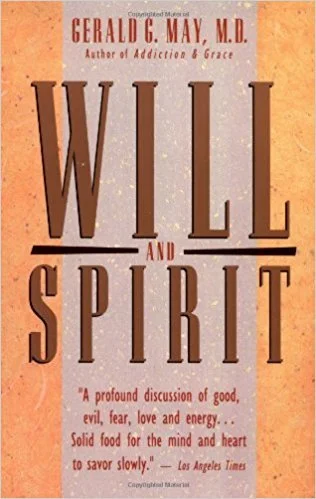September 29 St. Michael and All Angels
Dudley the Angel in The Bishop’s Wife
“For he will command his angels concerning you to guard you in all your ways.”—Psalm 91:11.
September 29: The Feast of St. Michael and All Angels is remembered.
The next-to-the-last day of September is always the Feast Day of St. Michael and All Angels. Above my desk in my home office, a carved stone hanging by my window bears a painted picture of St. Michael with his sword. Michael is almost the first thing I see when I lift my eyes from my computer. St. Michael lives in stained glass, overcoming evil outside my church’s chapel. I give thanks for St. Michaels in my life—and for angels who have been by my side in troublesome times, lending me the courage to go on.
Clarence the Angel in It’s a Wonderful Life
I think of some of our favorite fictional angels. There is Angel Second Class Clarence Odbody, played by Henry Travers in the timeless Frank Capra Christmas movie, It’s a Wonderful Life (1946). Clarence saves George Bailey, played by Jimmy Stewart, from bankruptcy and suicide.
Whenever I hear a bell ring, I wonder if an angel has just earned his wings!
Then there is my all-time favorite movie angel, the suave angel named Dudley, played to the essence by Cary Grant in the Samuel Goldwyn Christmas classic, The Bishop’s Wife (1947). Dudley comes to save the life and marriage of Bishop Henry Brougham, played by David Niven. Loretta Young plays his wife, Julia.
Whenever I visit my Bishop’s office, I always look around to see where Dudley is.
As I engage in spiritual direction with people, I listen to hear if they speak about “angels” in their lives—people they encounter over time, or who stand by them or guide them through challenging situations or around impossible obstacles. Angels are life-changing and life-giving. They are messengers, truth-tellers, who see God in us and, as the angel, Gabriel did to Mary, proclaim that God is in us—when we never had a clue.
Give thanks for the angels in your life. Then, repay them by being a Dudley or Clarence or Michael—or another angel to someone else you meet. This is called paying it forward.
Joanna. https://www.joannaseibert.com/





